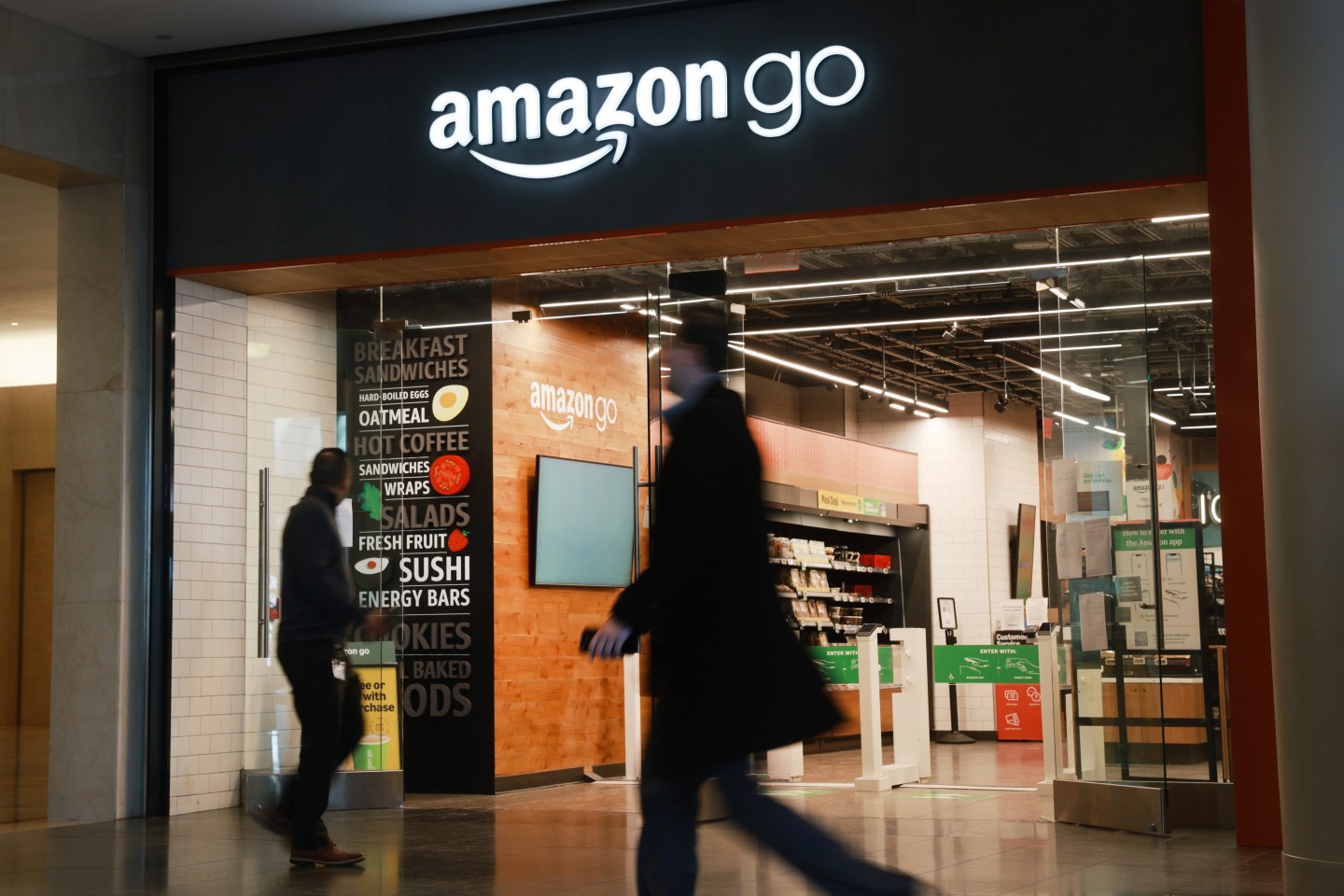Crypto kiosks, a sort of ATM for cryptocurrencies, should be more closely regulated because of the risk of their use to facilitate human trafficking and drug dealing, a federal watchdog said on Monday.
The Government Accountability Office, an independent, nonpartisan agency that works for Congress, published a report that partly blamed a lack of federal oversight for the increased use of cryptocurrency by criminals.
Crypto kiosks, installed in convenience stores, liquor stores, and other public places, allow people to buy cryptocurrency with deposited cash. To use them, all you must do is provide an email address and phone number and sometimes verify your identity with a driver’s license or other document. You can use a QR code to select a crypto wallet in which to deposit the funds, select your cryptocurrency, and then insert your cash.
The machines are a way for the broader public to get access to virtual currencies through a process that is tangible and familiar. The companies that make the machines earn a commission on the amount exchanged.
Over the past two years, the number of these machines worldwide has skyrocketed to 34,500 from 6,369, according to Coin ATM Radar. The majority of those machines, or about 30,508, are in the U.S.
Although the proliferation of crypto kiosks has helped introduce people to crypto, the GAO said the problem is that law enforcement and federal agencies have trouble locating these kiosks when needed. Although companies that make the kiosks must register with the Treasury Department’s Financial Crimes Enforcement Network, they are not required to routinely report the specific locations of their machines.
“This limits federal agencies’ ability to identify kiosks in areas that have been designated as high risk for financial crimes and could involve human and drug trafficking,” the agency said in its report.
Because of the ease in converting dollars to cryptocurrency through crypto kiosks, the machines can be used by criminals to convert cash from illegal activities into crypto. The machines are also less regulated than cryptocurrency exchanges, so transactions made with the machines are more difficult to trace.
The GAO recommended that the Financial Crimes Enforcement Network and the Internal Revenue Service work together to require that kiosk operators report the locations of their machines at regular intervals. Having such a list would help federal agencies and law enforcement identify kiosks by operator and make sure high-risk operators are complying with the law.
The number of suspicious activity reports filed with the Financial Crimes Enforcement Network that involved cryptocurrency and drug trafficking jumped to 1,432 in 2020 from 252 in 2017, according to the GAO. The agency also said the Homeland Security Investigations Cyber Crimes Center reported that 80% to 90% of the dark web sales it has observed are related to illegal drugs and used cryptocurrencies.
Yet the GAO also warned that data from federal agencies on virtual currency use in human and drug trafficking may not be consistently collected.
As the adoption of cryptocurrencies increases, so too will the number of illicit transactions, according to a separate report released last week by blockchain analytics company Chainalysis. Illicit addresses received $14 billion over the course of the year, compared with $7.8 billion in 2020. At the same time, Chainalysis wrote that the growth of general transaction volume was far outpacing the increase in illicit activity.
Never miss a story: Follow your favorite topics and authors to get a personalized email with the journalism that matters most to you.












